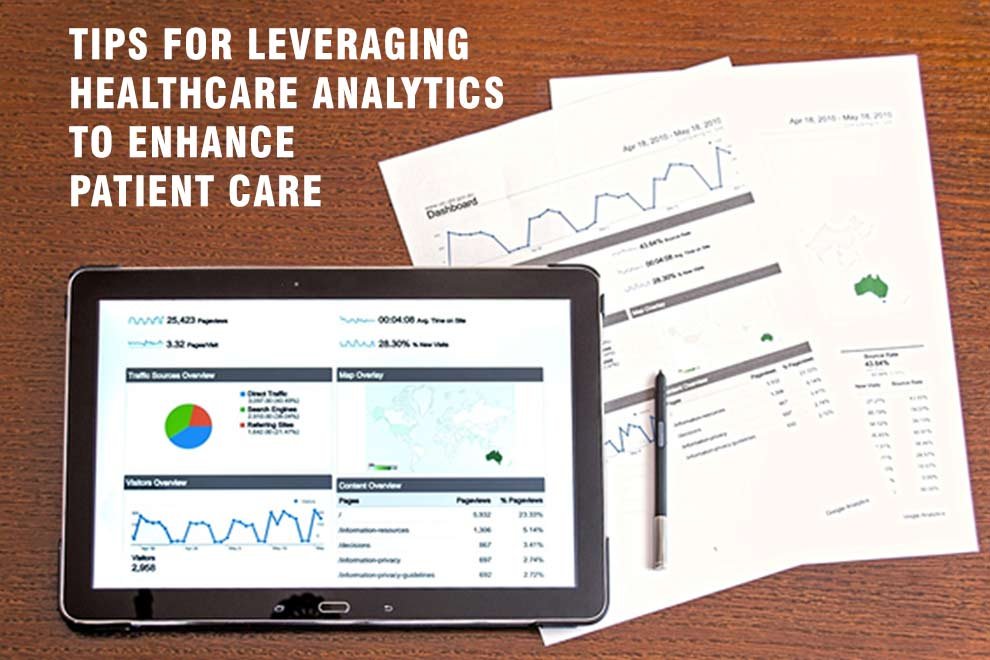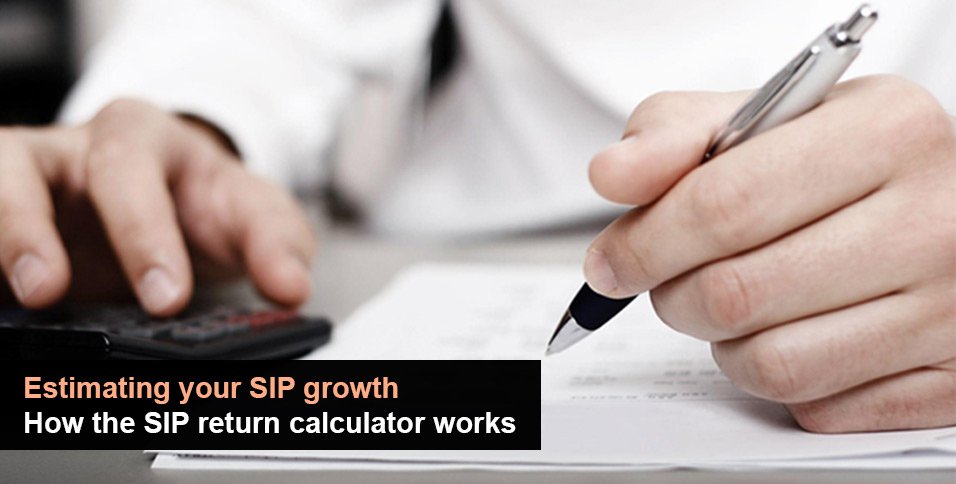In a world where data is king, healthcare analytics stands out as a revolutionary tool, transforming the landscape of patient care. Imagine having the ability to predict health trends, tailor treatments, and streamline hospital operations—all through the power of data. This isn’t the stuff of science fiction; it’s the reality of modern healthcare, where analytics turns vast amounts of data into actionable insights.
In this article, we’ll explore ten essential tips for harnessing healthcare analytics to enhance patient care, making the healthcare experience better not just for patients but for all involved in their care journey.
Let’s dive into the world of healthcare analytics and discover how it’s shaping the future of patient care, one data point at a time.
Embrace Data Transparency
Data transparency is crucial in healthcare analytics. It’s about making data accessible and understandable to all team members, ensuring that insights derived from analytics are shared openly within the organization. This transparency fosters a collaborative environment where everyone is informed and can contribute to enhanced patient care. When data is accessible, healthcare professionals can make more informed decisions, leading to better patient outcomes.
Apply Your Advanced Education
Leveraging healthcare analytics to enhance patient care starts with a solid educational foundation. For those armed with a masters in healthcare analytics, the skills and knowledge acquired can be transformative. This education equips professionals with the ability to analyze complex data sets, uncover trends, and apply insights directly to patient care strategies. It’s about using this advanced knowledge to not just interpret data, but to turn it into actionable insights that improve patient outcomes.
Focus on Predictive Analytics
Predictive analytics is a game-changer in healthcare. By analyzing trends and patterns within data, healthcare professionals can anticipate patient needs, identify risk factors, and intervene proactively. This foresight can lead to improved patient care planning, timely interventions, and ultimately, better health outcomes. Predictive analytics allows for a more proactive approach to patient care, shifting the focus from reactive to preventive.
Enhance Patient Engagement
Healthcare analytics can play a pivotal role in enhancing patient engagement, particularly in the context of healthcare app development. By leveraging data, healthcare providers can offer personalized care experiences, tailored health recommendations, and improved communication. When patients receive care that’s specifically tailored to their needs and preferences, they’re more likely to be engaged in their health journey, leading to better outcomes. Engaging patients through personalized insights and recommendations fosters a sense of partnership in their healthcare.
Implement Real-time Data Monitoring
Real-time data monitoring is vital for making immediate, informed decisions in patient care. This approach allows healthcare professionals to track vital signs, respond to emergencies, and monitor patient progress with up-to-the-minute accuracy. By having access to real-time data, healthcare teams can quickly identify issues and adjust care plans as needed, enhancing the overall quality and effectiveness of patient care. Real-time monitoring is a powerful tool in ensuring that patient care is timely, responsive, and highly effective.
Integrate Interdisciplinary Data
Integrating data from various healthcare disciplines can provide a more holistic view of patient care. When data from different sources, such as medical records, lab results, and patient feedback, are combined, healthcare providers can gain a comprehensive understanding of a patient’s health. This interdisciplinary approach can uncover correlations and insights that might not be evident when viewing data in isolation, leading to more informed and effective care decisions.
Prioritize Data Security and Privacy
In the era of digital health, ensuring the security and privacy of patient data is paramount. Healthcare analytics must comply with regulations like HIPAA, ensuring that patient information is handled securely and confidentially. Implementing robust data protection measures not only safeguards patient information but also builds trust with patients, reassuring them that their sensitive health data is treated with the utmost care and respect.
Utilize Analytics for Resource Allocation
Healthcare analytics can significantly optimize how resources are allocated within healthcare settings. By analyzing data on patient flows, treatment outcomes, and resource utilization, healthcare facilities can identify areas where resources can be used more efficiently. This optimization can lead to reduced wait times, improved patient satisfaction, and more effective use of hospital resources, ultimately enhancing patient care.
Encourage Continuous Learning
The field of healthcare analytics is constantly evolving, with new technologies and methodologies emerging regularly. Healthcare professionals should embrace continuous learning to stay abreast of these developments. Staying informed about the latest trends and innovations in healthcare analytics enables professionals to continuously refine and improve their strategies for patient care, ensuring they remain effective and relevant.
Measure and Share Successes
Measuring the impact of healthcare analytics on patient care is crucial for assessing effectiveness and guiding future efforts. By establishing clear metrics for success and regularly evaluating outcomes, healthcare providers can understand the value of their analytics initiatives. Sharing these successes can motivate the healthcare team, demonstrate the benefits of analytics to stakeholders, and inspire continued investment in data-driven strategies.
Conclusion
Leveraging healthcare analytics offers tremendous potential to enhance patient care, making treatment more personalized, efficient, and effective. By integrating interdisciplinary data, prioritizing security and privacy, optimizing resource allocation, encouraging continuous learning, and measuring successes, healthcare providers can harness the power of analytics to make informed decisions that improve patient outcomes. As healthcare continues to evolve, embracing analytics will be key to advancing patient care and ensuring that healthcare services meet the needs of the communities they serve.










